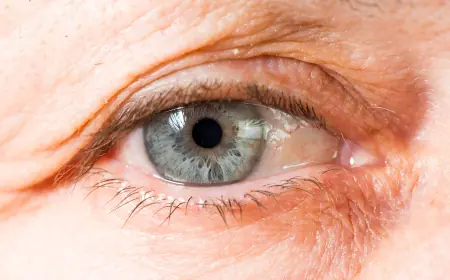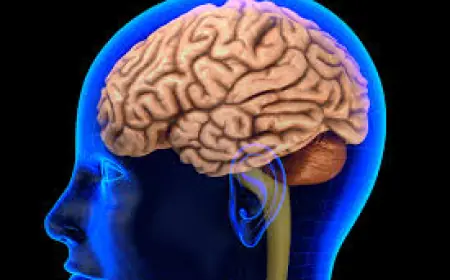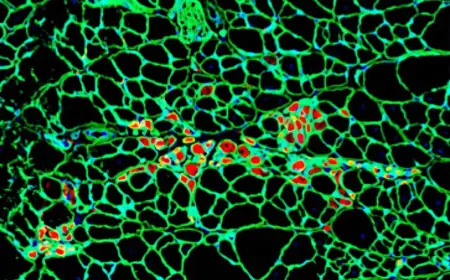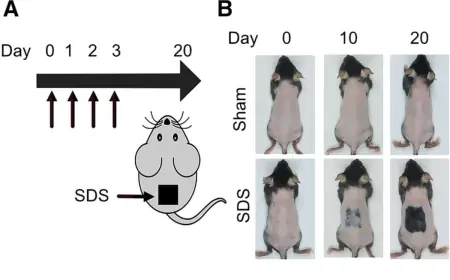Dr. Kazantseva: Retinal prosthesis can restore vision in three cases
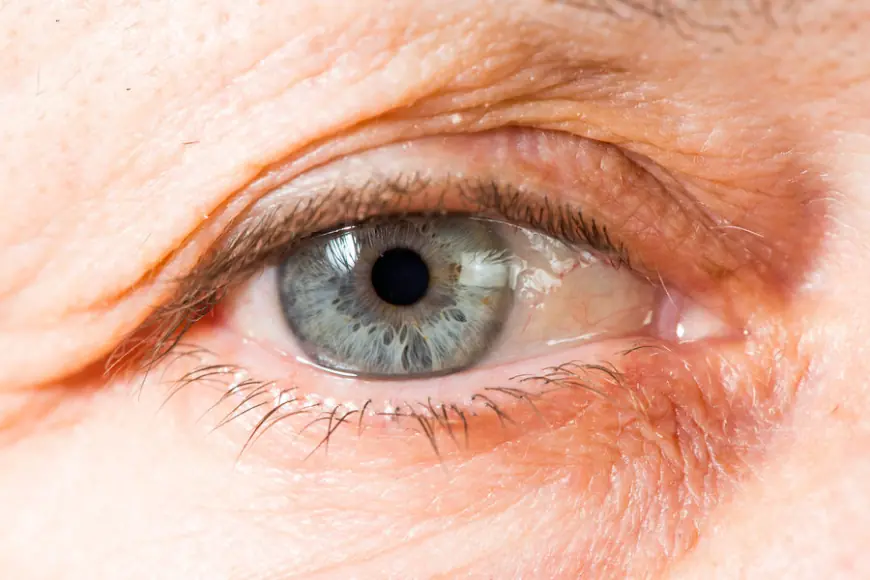
Implantation of an artificial retina can help restore vision in three cases — pigmentary retinitis, age-related macular degeneration (AMD), and injuries caused by physical trauma. This was reported by Angelina Kazantseva, assistant at the Department of Ophthalmology of the Pirogov University’s Institute of Clinical Medicine.
According to the expert, the goal of such a prosthesis is to create enough visual perception to recognize faces, navigate indoors, and read large print. The technology is especially relevant for people in the final stage of diseases in which photoreceptors are destroyed but the optic nerve and brain remain functional.
“If we imagine the eye as a video camera, the retina is the ‘sensor’ that’s damaged, while the optic nerve and brain still work. The implant replaces that ‘sensor,’” explained Kazantseva.
She noted that earlier in the USA a photovoltaic implant had been developed, which converts light into electrical impulses and stimulates retinal neurons, bypassing damaged photoreceptors. In an experiment, 27 out of 32 patients with macular degeneration were able to read using the implant, although full vision restoration did not occur.
Kazantseva added that Russian scientists have also performed implantation of a clinically useful epiretinal prosthesis in patients with pigmentary retinitis and remaining visual functions.
“This prosthetic system contributed to social and visual rehabilitation in patients with advanced retinal pigment dystrophy,” the expert emphasized.
The device is placed on the inner surface of the retina and stimulates ganglion cells, bypassing other layers. Patients who underwent the surgery were able to perform complex visual tests and distinguish three-dimensional objects.









